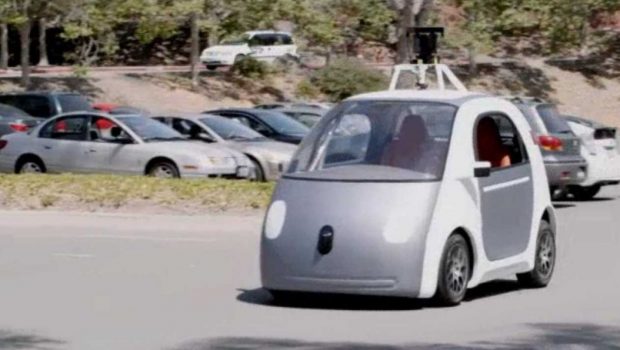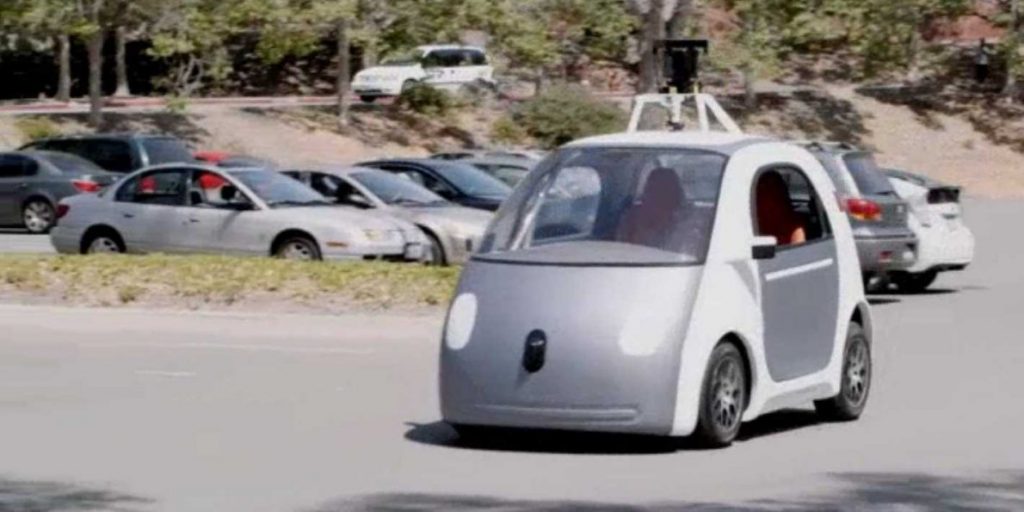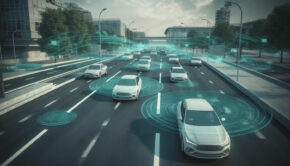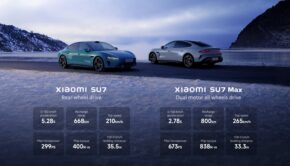How Self-Driving Cars May Cause a Major Shift in the Car Insurance Industry
With the rise in the use of artificial intelligence (AI), have you ever thought of how it might transform car insurance? To be clear, self-driving cars will need AI for guidance. Plus, the AI will be programmed to think, reason and act as humans do. In fact, some analysts predict that with self-driving cars and car sharing services, car ownership and human drivers might be rare just a few decades from now.
While it can be difficult to picture this in the present, is that train of thought really that far-fetched? Automakers and car sharing companies are already manufacturing and testing self-driving cars. Every single industry has been experimenting with some form of AI, and it is self-perpetuating. The advantages and consequences of gleaning more and more information is still unknown. Even entrepreneur Mark Cuban said, “the world’s first trillionaire is the person who masters AI and all its derivatives.” So, how will AI and self-driving cars affect car insurance? Read on to learn more.
What is AI, anyway?
Well, there are two types: Applied AI and Generalized AI. With Generalized AI, this is about systems and devices programmed to manage any task. On the other hand, Applied AI is related to self-driving vehicles and other systems which can intelligently handle specified tasks. These systems have no creativity; they are programmed. They have no ambition and are ultimately controlled by humans.
AI and car insurance
You can already see the execution of AI through driverless car technology. These self-driving cars have sensors to understand their physical environment and a brain which performs actions based on varying inputs. To illustrate, when new traffic data becomes available, it can adjust directions or it can even refuel a car. But, what does this have to do with car insurance?
Right now, with so many unknowns, it is a minefield. In March of 2017, an accident in Tempe, Ariz., with a self-driving Uber car raised the question of liability. Who is ultimately responsible when a self-driving car is involved in an auto accident? Right now, the car insurance industry has no roadmap for a situation that will be on the rise. Yet, you still want to choose the best car insurance for you.
Will car insurance falter?
In February, billionaire investor Warren Buffet told CNBC, If the day comes when a significant portion of the cars on the road are autonomous, it will hurt Geico’s business very significantly.” His company, Berkshire Hathaway, owns Geico. It poses a good question: why utilize auto insurance if humans aren’t doing the driving? If two autonomous cars crash into each other, then who pays?
Currently, insurance rates are based on a human driver’s driving records, car type, claims histories and more. In addition, some insurers offer discounts for safer driving.
With a driverless model, the shift may go towards the automakers. According to experts, autonomous cars will reduce human error–which causes over 90 percent of accidents.
As a result, there will be fewer car crashes. So, can you blame the automaker if an autonomous vehicle gets into an accident? What about the programmer? Is it the programmer’s fault? If a human is a passenger, and gets hurt, who pays for the human’s medical bills? There are all major questions which need to be asked and answered. How will the car insurance industry respond to the rise in self-driving vehicles?
Will it harm the technological evolution?
Imagine that automakers will be financially responsible for insuring their autonomous vehicles. In that scenario, it presents a massive and long-term expense. Automakers may then shy away from autonomous technology if it will cost them more. What about subscription-service cars?
The technology is still too new that there are no cases in the court system. Insurance rates come about through predicting the future based on past actions. Autonomous cars don’t really have much of a history. How can a car insurer judge a self-driving car? This doesn’t even delve into third-party property damage, as explained by this Australian insurance provider. Who would be responsible in that scenario?
What is the answer?
There isn’t any doubt that our highways may soon be filled with self-driving cars. Perhaps insurance rates can adopt a hybrid model. If a self-driving car is part of a car-sharing fleet, then passengers can pay some of the insurance costs if they are incorporated into the ride sharing fees. On the other hand, if a human owns a self-driving car, then that human should be partially responsible for the car insurance bill—especially if the human uses the car for personal or work commutes.
While self-driving cars are expected to make roads a lot safer than they are now, accidents will and do happen—this is why they are called accidents. If a car were to have a glitch, there is no way something of that sort can be predicted. There might be a trend with car models that tend to have more glitches than others. It really boils down to experience and real-life incidents. Until such time when self-driving cars are a dominant force on our highways, everything is pure speculation.
















